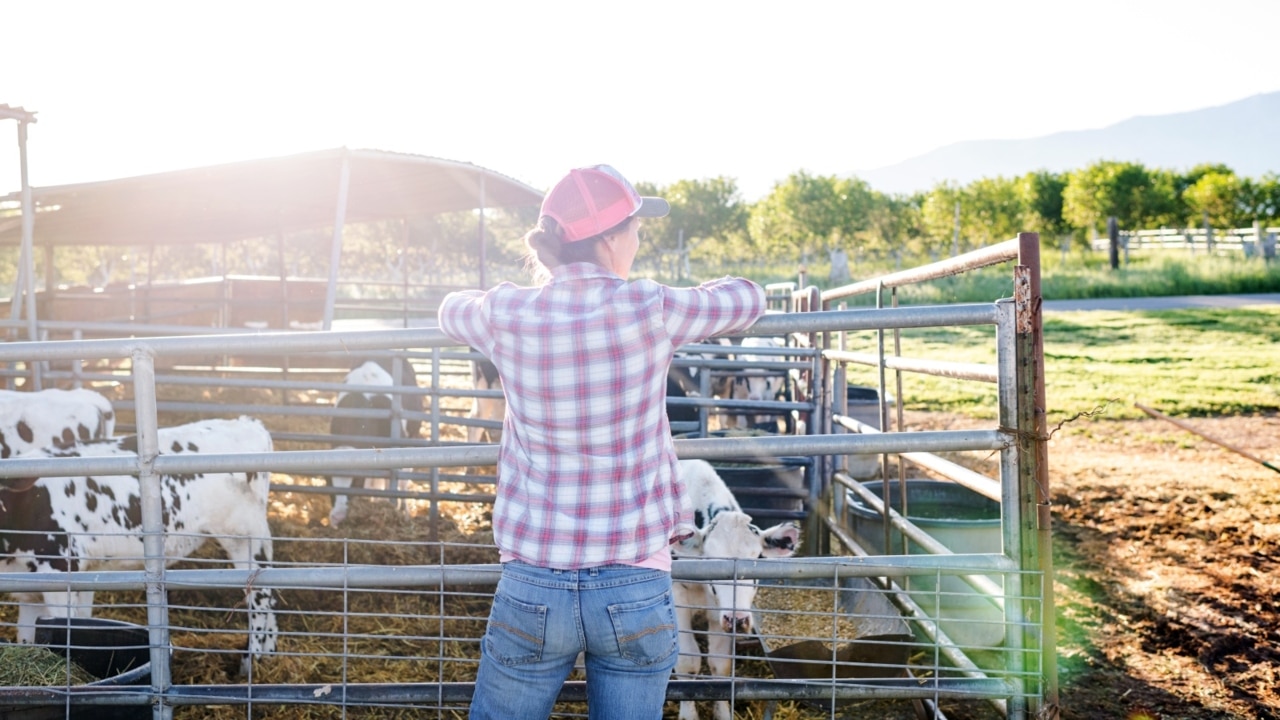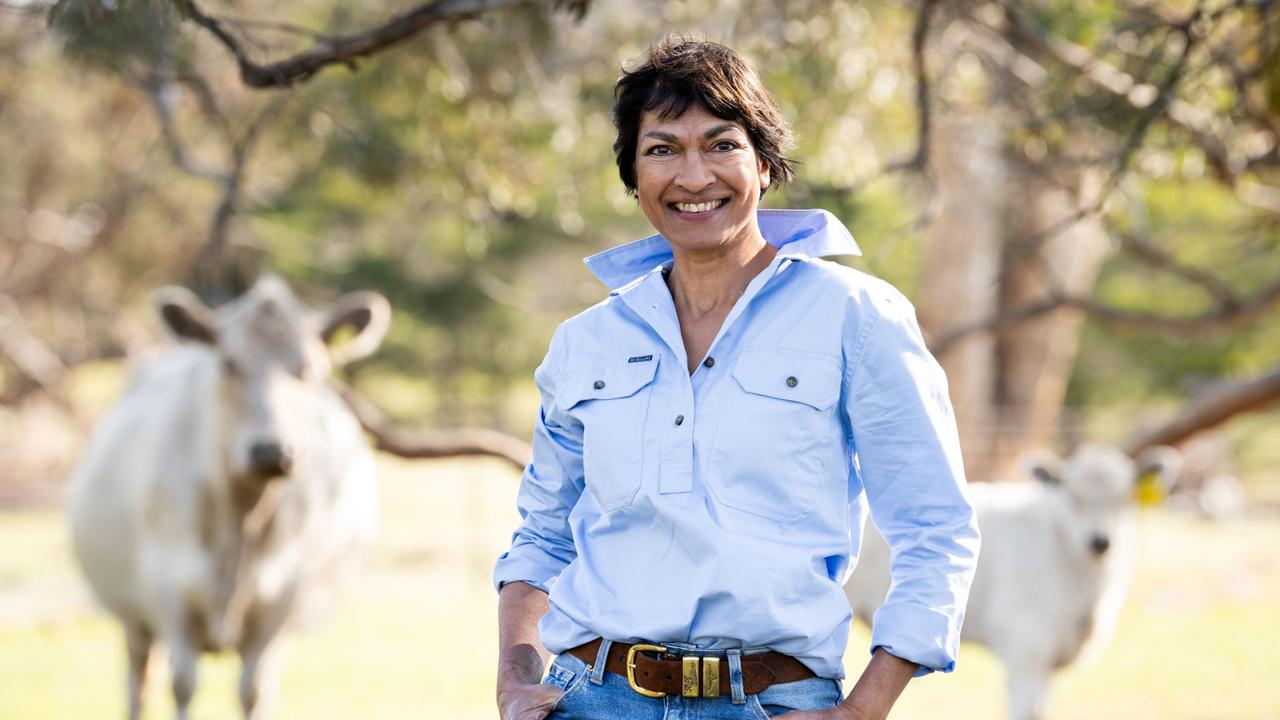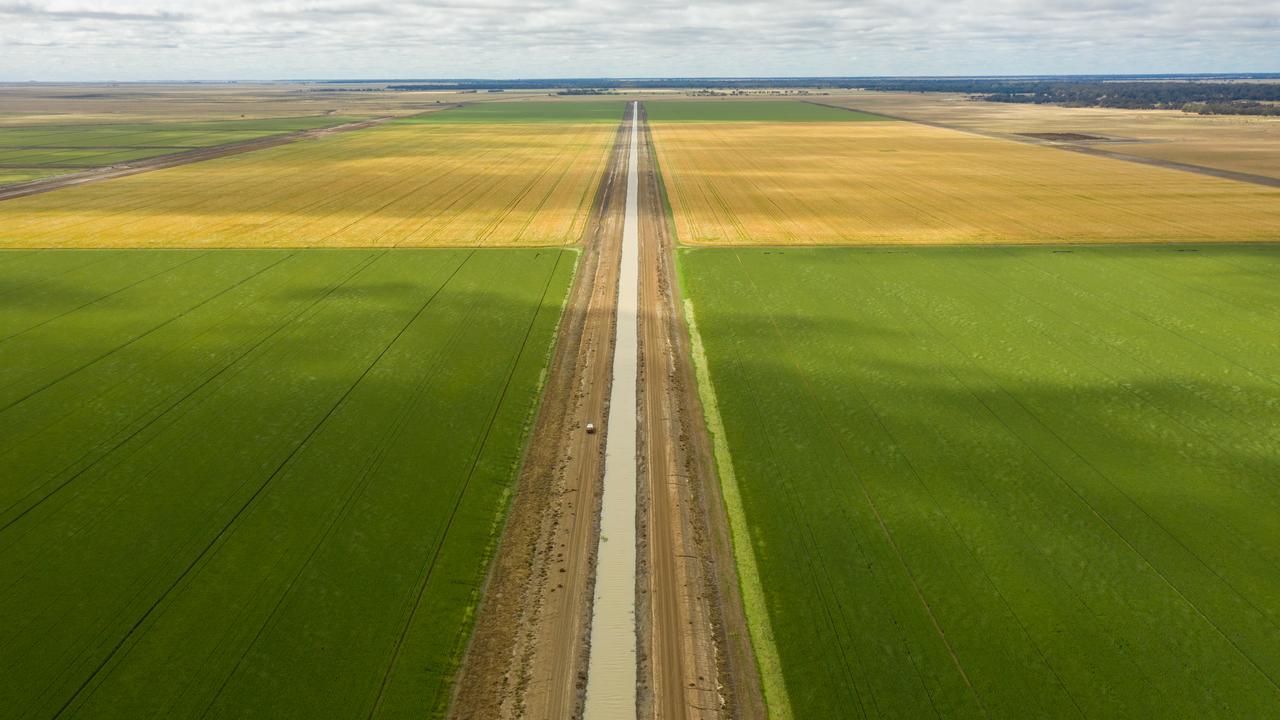Foreign ownership: Australian agribusiness needs overseas investment
When foreign players splash cash on Australian agribusinesses, scrutiny follows. But the capital injection may be just what the industry needs.

It was slated to be one of the biggest agribusiness deals of 2020: the $600 million sale of Japanese-owned Lion Dairy and Drinks to China’s Mengniu Dairy.
That was until Treasurer Josh Frydenberg stepped in, dashing the plans in August last year.
The sale, Mr Frydenberg declared, would be “contrary to the national interest“; a decision perhaps not entirely unanticipated amid the stricter foreign investment rules in place due to the Covid-19 pandemic, or the backdrop of diplomatic tensions between Australia and China.
Regardless, the proposed sale fit the narrative we’ve become accustomed to when it comes to foreign investment in Australia: two foreign players – yes, one from China – doing deals over well-known Aussie names. (That the collection of childhood staples in the Lion portfolio, from Big M to Farmers Union, would ultimately end up back in Bega’s Australian hands could perhaps be chalked up as a win for nostalgia.)
But in truth, the story is nothing new. Australian agriculture and agribusiness have always relied on foreign investment; if anything, that ongoing capital is more vital than ever if the sector is to have a real shot at reaching its ambitious growth goal of increasing annual production to $100 billion in value by 2030.
An AgriFutures Australia report earlier this year found the sector would need an extra $7.5 billion in investment every year to reach that target.
But where will that come from – in the middle of a pandemic no less, which already stripped $1.38 trillion in direct foreign investment globally last year?
KPMG national food and agribusiness lead Georgie Aley says anecdotally, activity in the market was still quite strong over 2020, particularly with the trend towards substantial horticultural enterprises coming on to the market.
Early concerns that the Federal Government’s changes to foreign investment rules in light of the pandemic, subjecting foreign buyers to increased scrutiny by the Foreign Investment Review Board, appears to have had little impact beyond headline deals, such as the Lion-Mengniu Dairy offer.
FIRB’s 2019-20 annual report shows while total approvals in the ag sector were down to 174 (from 197 the previous year), the value of those approvals was up by $1 billion to reach a new high of $8.3 billion.
“I think it (the new rules) did give some countries or investors some additional considerations … but I don’t think we’ve seen any significant slowdown or change that you can draw a conclusion from out of the last 18 months, because we have still seen that activity,” Aley says.
What is clear is the ongoing change in where that interest in coming from: according to FIRB, the biggest value investments were from Canada ($2.6 billion) and Singapore ($1.4 billion).
While China still grabs the foreign investment headlines, it continued to divert its interest away from Australia.
A study by KPMG and University of Sydney released in July found just three Chinese investments in food and agribusiness were completed in 2020, totalling $101 million, contributing to its overall 18 per cent decline in Australian investment.
While it’s easy to blame the decline in China’s agricultural investment in Australia on the countries’ deteriorating diplomatic relationship – and undeniably, it’s part of the equation – CBRE’s agribusiness managing director David Goodfellow believes that’s a misrepresentation.
To him, it’s simply the nature of shrewd business decisions that started to play out from 2017: buy low, sell high, rinse and repeat. Much of the investments once destined for Australia in the early 2010s, including those encouraged by the Chinese Government through loans or subsidies, have now been redirected to South America.
“They bought big when Australian farmland was underperforming, and now they are getting out of that cycle and doing the same thing elsewhere,” Goodfellow says.
“Our customer has decided to shop somewhere else at the moment, which is why we need to make sure we’re never reliant on one customer.”
KPMG’s partner for Chinese business practice, Helen Zhi Dent, says China is also shifting its investments back to developing countries, particularly in pursuit of its One Belt and Road initiative. UN figures show about 70 per cent of its outward investment in 2020 went to developing nations; in 2015-16 more than 50 per cent going to developed countries.
“When they moved from developing countries to developed ones, they were more after the technology, brands and high premier products … but after six, seven years they start to appreciate the challenges in doing business there,” Zhi Dent says, pointing to the increased management or compliance costs that might be required in places like Australia.
“There was this fever, this dream of owning Australian farmland, and acquiring Australian premier food supply chains – but in reality we didn’t track down many successfully completed deals in this space.”
That is not to say China is completely done with Australia – but it may take some time to return. According to the KPMG report, the majority of senior Chinese executives predict high-value investment into Australia generally won’t come back until five years’ time, largely due to Covid-19 border closures and government relations.
In the meantime, investment out of the Asia-Pacific region is anticipated to remain strong, while inflows from the US and Canada will continue.
Goodfellow predicts more capital will also start arriving from Europe and the UK, thanks to land prices. Property prices may be hitting record highs here, but in reality, Australian land is still relatively cheap compared to the rest of the world, he says.
Another driving force will be the increasing importance of sustainability, as investors look to hit their environmental, social and governance targets.
“We thought the pandemic was going to slow down the ESG focus, but it hasn’t – in many cases it has accelerated,” Aley says. “When we look at the global context … the essence of ESG embedded in those investment frameworks has been accelerating at a pace faster than what we have accelerated in a local Australian context.
“It’s inherent in the fabric and nature of the farming sector, but it’s how we actually document, capture, report that to allow the ability to attract and capitalise on some of these investment opportunities, that’s the next iteration.”




